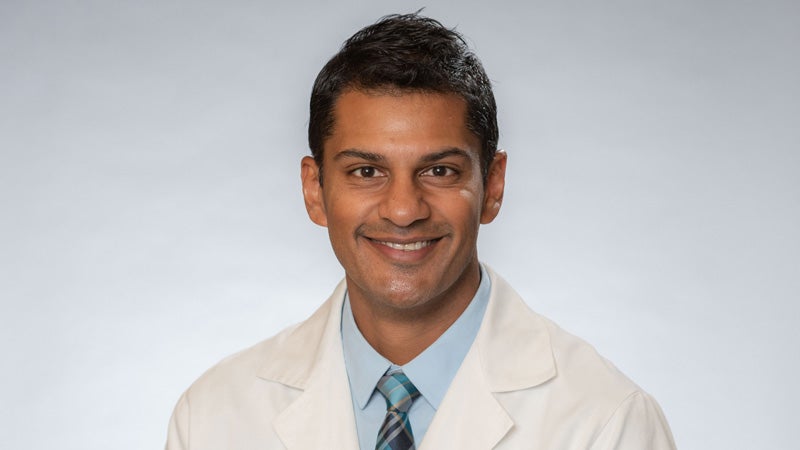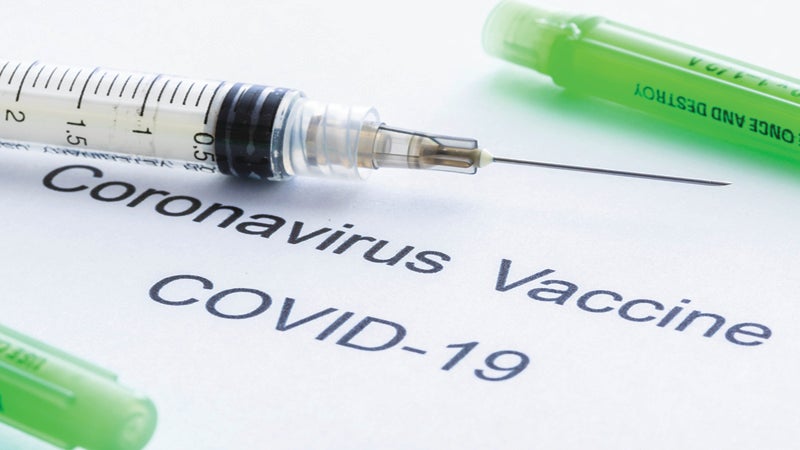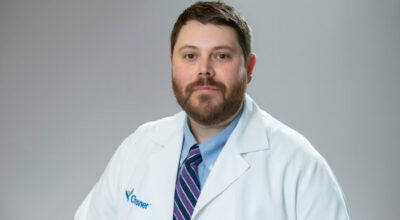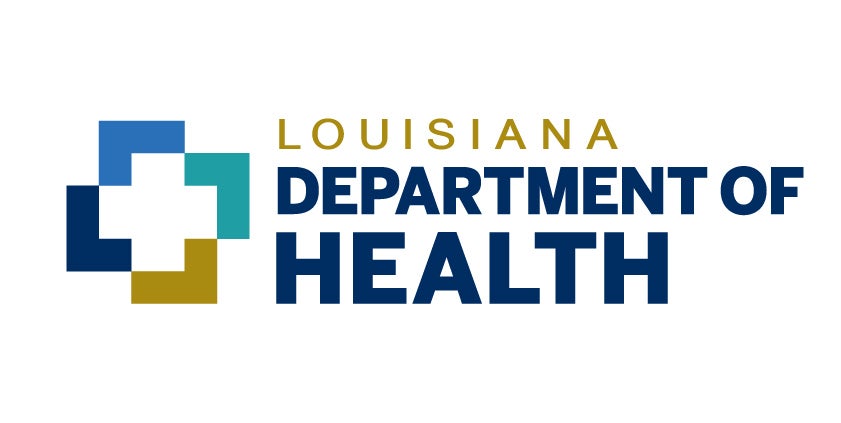Ravipati : Why you shouldn’t ignore leg pain
Published 12:00 am Wednesday, September 25, 2019

- Dr. Vijay Ravipati
If you frequently suffer from leg pain, discomfort or fatigue, you may wonder: Are your legs just tired, or is it something more? Leg discomfort is a common (and often overlooked) warning sign of peripheral vascular disease – a condition in which there is damage or blockage in the blood vessels distant from your heart.
In simplest terms, if your vessels are blocked, that means your body isn’t getting the blood and oxygen it needs to function. And if your body isn’t getting the oxygen it needs, you’re in trouble.
PVD commonly impacts vessels that supply your:
- Legs
- Stomach
- Intestines
- Kidneys
Get Screened
For men 45 and up and women 55 and up, screening for PVD is typically included in your annual exam. The screening includes questions about heart risk factors and assesses if you are showing symptoms of the condition, which can include pain or discomfort in the calves during walking, pain at rest and lower extremity wounds; think open sores on your legs or feet that aren’t healing.
Common risk factors for PVD include:
- High blood pressure
- Abnormal cholesterol
- Diabetes
- Overweight
- Family history
- Smoking
Don’t Ignore Leg Pain
The most common complaint from patients is pain in the calves with walking, which is relieved with rest. Unfortunately, many patients brush this symptom aside as a sign of aging and don’t address it with their doctor. If left untreated, PVD can lead to organ damage or even the loss of a limb.
I cannot say this enough: Don’t ignore leg pain. Talk to your doctor if you are experiencing these symptoms.
Your doctor can do a simple test called ankle brachial index (ABI) to compare the blood pressure in your ankle to the blood pressure in your arms to determine if you have PVD. Once diagnosed, PVD can typically be managed with lifestyle changes and medication, as well as minimally invasive procedures for symptoms that are refractory (cannot be adequately controlled despite aggressive efforts) or severe.
Dr. Vijay Ravipati received his medical degree from St. Matthews University in the Grand Cayman British West Indies. Following this, he completed his Internal medicine internship and residency at the University of Oklahoma in Tulsa and completed his cardiology fellowship in general adult and interventional cardiology at Louisiana State University in New Orleans. He is board certified by the American Board of Internal Medicine in internal medicine, adult cardiology and interventional cardiology. Dr. Ravipati is also board certified in nuclear cardiology and is a Fellow of the American College of Cardiology. To schedule an appointment with him at Ochsner Health Center- River Parishes (502 Rue de Sante in LaPlace), please call 985-652-3500 or schedule online at www.ochsner.org.





